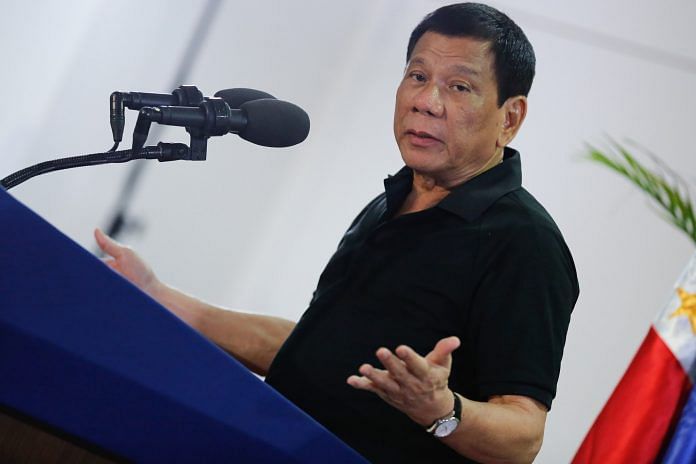Will there be a calm after the storm?
The recent protests in Iran have calmed down, with the Iranian regime acknowledging the protesters’ demands. According to Dina Esfandiary in the Washington Post, this is “new and significant because it signals a willingness to open up in order to stay in power.” However, the right balance needs to be struck so that order can be maintained.
“Acknowledging that protesters had valid reasons to be out on the streets is a significant departure from Iran’s usual response to public displays of discontent,” she writes.
“The change in approach is also the product of the regime’s pragmatism. Today’s Iran can no longer exist in the way it has. Iranians are too connected, too aware of life outside their borders, and too tired of the elite’s bickering. Their economic, social and political demands can’t be swept aside. And Iran knows this. It also knows that many of its citizens don’t want to see a change in the whole system, but rather, reform within the system. After all, the last time the government changed, it didn’t improve their lives by much.”
For the regime to stay in power, writes Esfandiary, it must evolve at the right pace. “Today, the Rouhani administration must contend with the demands of the protesters. The first step was to admit his administration’s failures. Now it will mean getting the supreme leader’s approval to forge ahead with reforms that are unpopular with certain segments of the elite, including the Revolutionary Guard. He must do so while fighting the factions that bind his hands on neglected political and social reforms.
But the administration must implement these changes slowly. If Rouhani pushes his agenda too aggressively, it will result in a conservative backlash and another tightening of the reins. This would ultimately make the regime more fragile because of renewed popular discontent. In other words, both too little or too much will have negative consequences,” she argues.
An attack on all of the Philippines’ institutions
“Perhaps, in a more benign age, it would be possible to look at the revocation of Rappler’s registration as an honest-to-goodness decision borne by the fair application of rules,” writes Gideon Lasco in the Philippine Daily Inquirer, referring to the recent incident with Rappler.
“But these are Orwellian times. Looking at the big picture, we cannot but see institutions today being attacked for disagreeing with President Duterte, for criticizing government policies or programs, or for even just reporting on the actions of wielders of state power.”
According to Lasco, government officials, agencies, opposition lawmakers and the judiciary have already been in the line of fire for some time.
“All our institutions — including the Constitution — are imperfect, and not exempt from critique. But given the existential threats they face, now is the time for solidarity with those who find themselves at the receiving end of repression. The road to authoritarianism, after all, is built by greed, but paved with indifference. Indeed, what is at stake in the Rappler case is not just the operations of a media company or the careers of some journalists.”
“What is at stake here is press freedom, and ultimately, our democracy, which — with every institutional attack—is looking more and more fragile.”
Trouble for the Czech President
With the right-wing wave crashing over Hungary and Poland, the Czech Republic looked to be going the same way with Andrej Babis—a billionaire businessman—becoming prime minister. He works closely with Milos Zeman, who the Czech Republic’s president. Zeman is worryingly pro-Russian. However, the Economist writes that while “liberals fret that the pair pose a growing challenge to the rule of law and to the Czech Republic’s pro-Western orientation,” Czech voters and institutions seem to be fighting back.
“All told, the presidential second round, on January 26th-27th, is shaping up as a referendum on the direction of the country, if not the entire region.” Zeman’s opponent, Professor Jiri Drahos, is poaching supporters from Zeman.
“Incompetence, corruption and vulgarity have streamed from Prague Castle for nearly five years,” Mr Drahos told The Economist during the campaign. Mr Zeman is noted for his diatribes against the EU, and for his love of Vladimir Putin (odd in a country that Russian troops invaded in 1968 to crush local hopes of liberty).”
“This leads many voters to question whether Mr Zeman still has the fortitude to guide the country and match wits with the wily Mr Babis. Opinion polls have long shown Mr Drahos defeating Mr Zeman in a head-to-head contest, and the candidates who finished third to sixth in the first round (with a combined 32.5% of the vote) have all pledged to support the former chemist in the run-off. While still too early to count out Mr Zeman, not to mention his allies in the media and in Moscow, victory for Mr Drahos would be a breath of fresh air in a region where liberal values have more recently been stifled,” the Economist writes.



